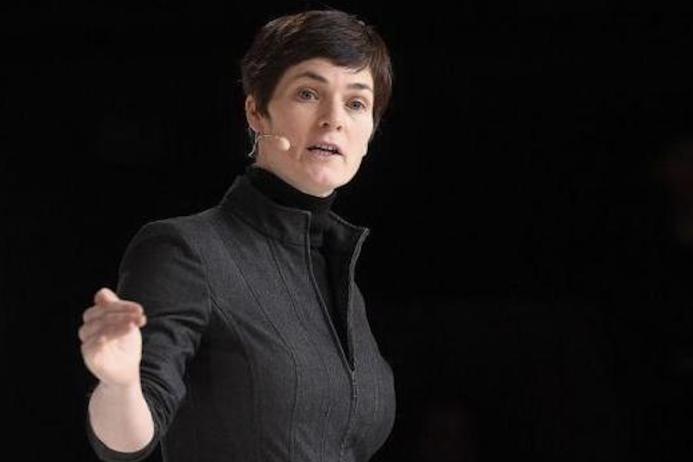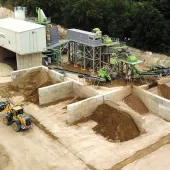Cemex partner with the Ellen MacArthur Foundation
Partnership agreement aims to accelerate circular economy efforts in the built environment
CEMEX announced today (18 July) that they have signed a network partnership agreement with the Ellen MacArthur Foundation to accelerate circular economy efforts in the built environment. The Ellen MacArthur Foundation’s network is the world’s leading circular economy network, working with ambitious, like-minded organizations globally.
As a partner of the network, Cemex will continue integrating and scaling circular economy principles into the cement supply chain through their Regenera business while leveraging science-based research, advocacy, and coalition-building initiatives to drive circularity forward in the building materials industry.
‘Since 2023, with the launch of our Regenera business, we have strengthened our focus on circularity as an essential component of our strategy. Through Regenera, we are providing circularity solutions to extend the life cycle of products and reduce the use of virgin materials,’ said Fernando A. González, chief executive officer of Cemex.
‘The Partnership with the Ellen MacArthur Foundation presents a tremendous opportunity to further drive Cemex’s leadership in the transition of the built environment towards a circular economy.’
Joe Murphy, business network executive lead at the Ellen MacArthur Foundation, said: ‘The built environment sector has a huge role to play in the transition to a circular economy, and Cemex have shown their intent to be a key player by joining our Network.
‘As a leader in the construction industry, we look forward to supporting their circular economy journey through this long-term collaboration and showcasing the potential of innovative circular practices within the building materials industry.’
The United Nations found that in 2021 the buildings and construction sector emitted historic levels of CO2 emissions, accounting for approximately 37% of global CO2 emissions. Incorporating circular economy principles into the built environment can create more sustainable and liveable urban areas, reduce global CO2 emissions from building materials by 38% by 2050, and enhance sector resilience to supply chain disruptions and raw material price volatility.
A circular economy helps tackle climate change, biodiversity loss, and other global challenges by decoupling economic activity from the consumption of finite resources. The Foundation is working to accelerate the transition to a circular economy, that is based on three principles driven by design: eliminate waste and pollution, circulate products and materials (at their highest value), and regenerate nature.
Cemex’s Regenera recovered more than 9 million tonnes of construction and demolition waste in 2023, marking a 5% increase over the prior year. As a result, construction-related waste has been effectively utilized and treated as raw materials for aggregates in concrete production, reintegrating them into the construction value chain and reducing the environmental impact of the industry.
Regenera is part of Future in Action, Cemex's programme to achieve sustainable excellence through climate action, circularity, and natural resource management with the primary objective of becoming a net-zero CO2 company by 2050.










